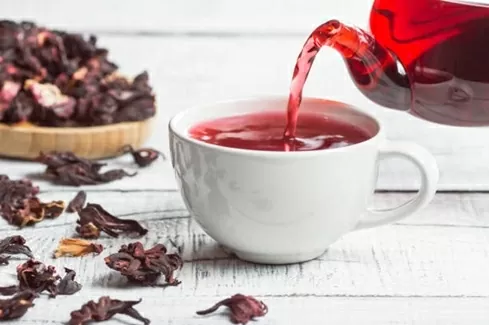 |
| Drinking hibiscus tea stimulates collagen production, slowing down the skin aging process. (Source: iStock) |
White tea
White tea is made from the buds and young leaves of the tea plant. Because it is harvested when it is still young, the leaves and buds are still covered with a layer of white hair on the outside.
White tea is rich in antioxidants, especially polyphenols and catechins, which help neutralize free radicals – the culprits that degrade collagen.
White tea can also help inhibit enzymes that break down collagen and elastin, thereby preserving collagen structure and maintaining skin elasticity.
Rooibos Tea
Rooibos tea, also known as South African red tea, is deep red when brewed and contains no caffeine. This tea is rich in alpha hydroxy acids and zinc, which help the skin regenerate, reduce inflammation, and reduce redness.
Rooibos tea promotes skin regeneration, thereby improving skin smoothness and limiting the damage caused by free radicals to the skin. Because it does not contain ingredients that affect sleep, Rooibos tea can be drunk in the afternoon or evening.
Hibiscus tea
Hibiscus tea is high in vitamin C, which fights free radicals, preserves collagen structure and stimulates collagen production.
This tea also contains anthocyanins, which have powerful effects in fighting free radicals, effectively slowing down the skin aging process, preventing wrinkles, protecting the skin and improving elasticity.
Similar to Rooibos tea, this tea is caffeine-free so it won't affect sleep.
Source: https://baoquocte.vn/diet-m-danh-3-loai-tra-khong-mat-ngu-tang-collagen-thanh-nhiet-mat-gan-319152.html






![[Photo] President Luong Cuong receives President of the Senate of the Czech Republic Milos Vystrcil](/_next/image?url=https%3A%2F%2Fvphoto.vietnam.vn%2Fthumb%2F1200x675%2Fvietnam%2Fresource%2FIMAGE%2F2025%2F11%2F20%2F1763629737266_ndo_br_1-jpg.webp&w=3840&q=75)
![[Photo] National Assembly Chairman Tran Thanh Man holds talks with South Korean National Assembly Chairman Woo Won Shik](/_next/image?url=https%3A%2F%2Fvphoto.vietnam.vn%2Fthumb%2F1200x675%2Fvietnam%2Fresource%2FIMAGE%2F2025%2F11%2F20%2F1763629724919_hq-5175-jpg.webp&w=3840&q=75)


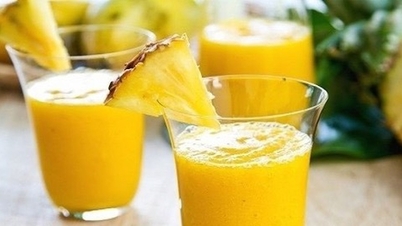

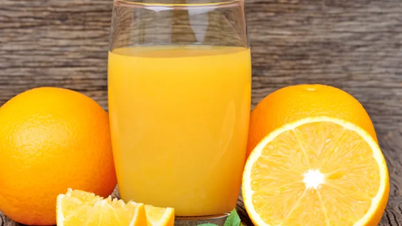


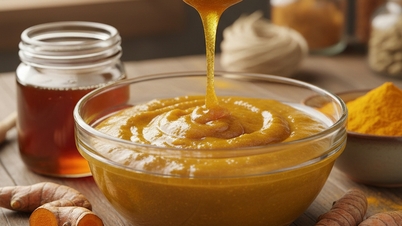







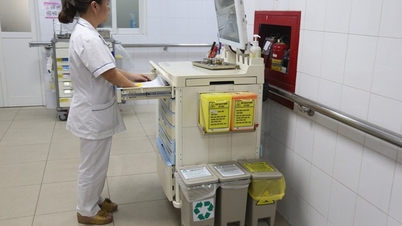











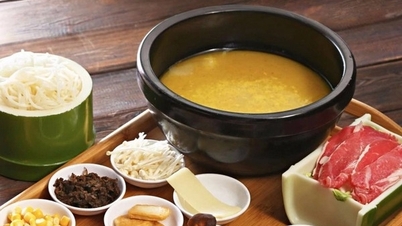

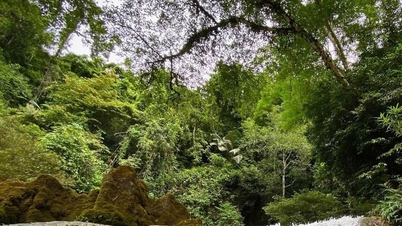

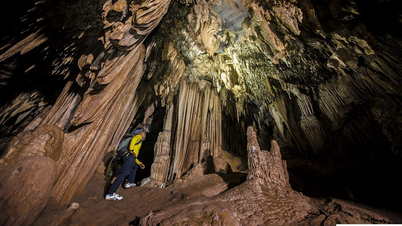









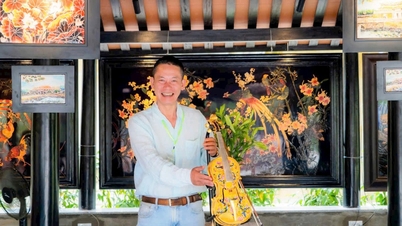
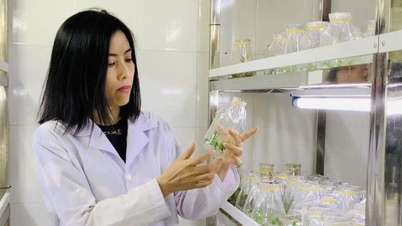



























































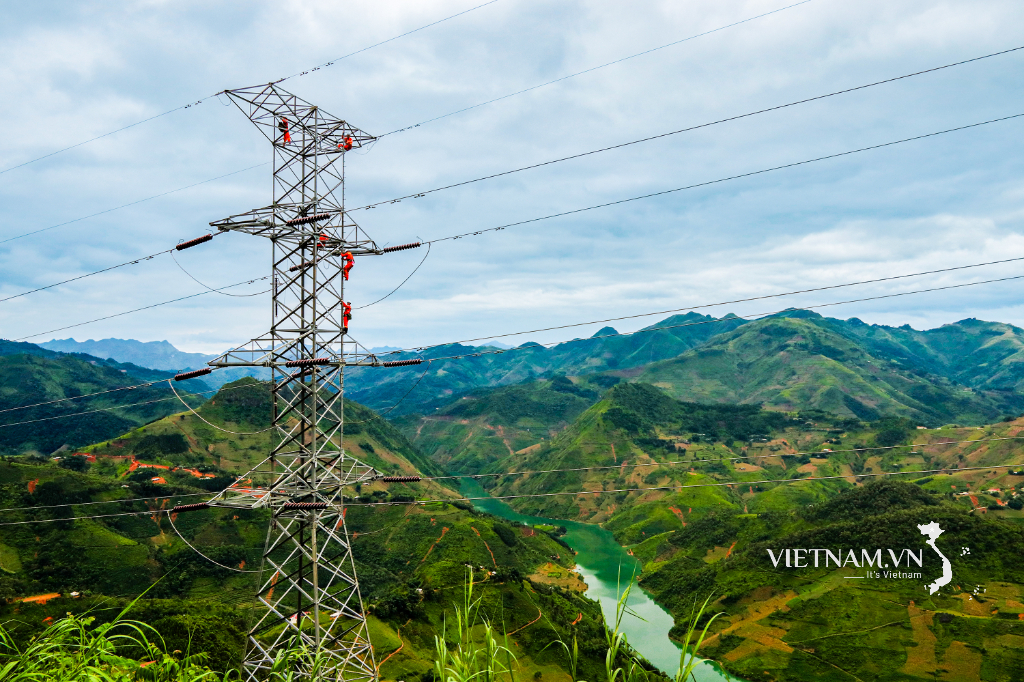
Comment (0)